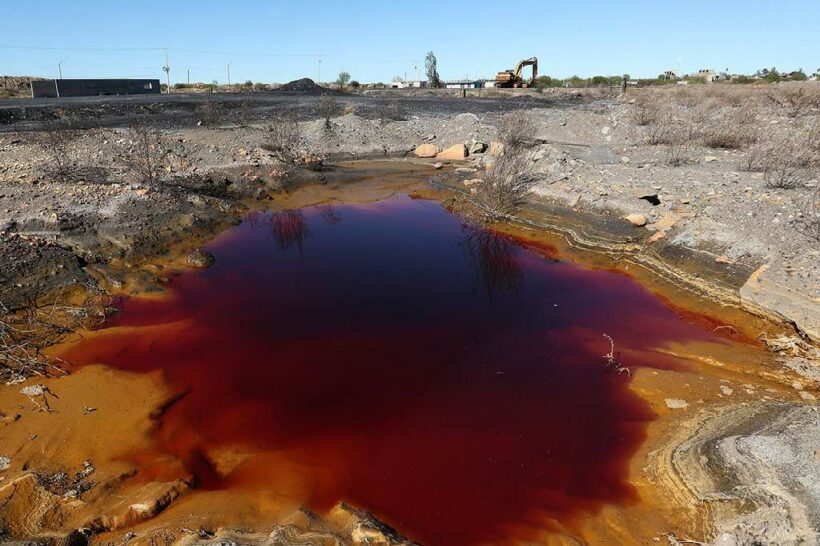The neoliberal model that reigns in the world has unleashed an unprecedented crisis, based on the excesses of extraction, production and consumption that exacerbate economic inequality and the overexploitation of resources and the force of work; for this reason, a social and ecological transformation promoted by a democratic and social state governed by the rule of law is necessary, according to Dr. Alfonso Iracheta Cenecorta, researcher and academic at the Colegio Mexiquense.
Participating in the welcoming ceremony for students of the Masters in Social Sciences, generation 2023-2025, of the Lerma Unit of the Autonomous Metropolitan University (UAM), he said that the viability of this transformation depends on social capacity and not only on the State, in the sense of recovering an effective democracy, in which public institutions are placed at the service of the general interest, with structures that respect the principles of solidarity and sustainability under long-range social and economic processes and not subordinated to the times of the administration in office.
In his lecture – based on an interdisciplinary investigation of more than four years, which he carried out together with some twenty researchers convened by the Friedrich Ebert Stiftung of Germany – he points out that in this way the plural, equitable and sustainable economy reveals a change in the pattern of consumption in the structures and in the distributive processes of wealth, promoting climate redress and the fair distribution of wealth.
In this way, social organisations, as well as other solidarity economies, are given play and more life, which makes the sustainability of the entire production chain from production, distribution, consumption and waste management indispensable.
For this reason, changes in consumption patterns should also stop waste, as well as changing the entire packaging model, as in many cases the harmful product that is sold generates fewer problems than the packaging that contains it.
As for agroecology, its hyper-extractivist mode of production must be stopped, and the ecological role of agriculture and its interdependence with biodiversity must be recognised. In this respect, raising awareness of climate change, the energy crisis and the struggle for organic-natural food are key, as well as rejecting extensive monocultures and the use of pesticides and other agrochemicals.
The struggle for a decent wage is part of a matrix whose essence is redistribution and not only immediate welfare through economic stimuli – scholarships or support – but the real social policy is in employment and taxation for those who have the most. This proposed economic and social model avoids financial and commercial parasitism, reduces the consumption of fossil fuels, the disappearance of the economy of the superfluous and programmed obsolescence.
Iracheta Cenecorta affirmed that “the transformation has to be social and ecological at the same time, as humanity has modified natural environments, the course of rivers and even the use of soils and, in this sense, the social sciences must be integral and influential among themselves in order to recover the contributions of each one”, which is why it is not possible to think of these sciences separately from the territory and the environment in which social relations are constructed.
The Master’s in Social Sciences, which forms part of the Division of Social Sciences and Humanities (CSH), has an up-to-date, current and critical curriculum, which will be taught in the classroom and will last six terms.
This first generation of students 2023-2025 will follow the following lines of research: Theories and Practices of Art from Transdisciplinarity; Education, Digital Technologies and Socio-Cultural Transformations; Local and Regional Development; Society-Government Relations and Public Policy Analysis.
During the opening ceremony, Dr Gabriel Soto Cortés, rector of the Lerma campus, said that the opening of the postgraduate course is cause for celebration, as it is the result of a long process that involved meetings, agreements and debate, culminating in the selection process of this first generation of master’s students, which will continue until the graduation ceremony and subsequent opening of the PhD in Social Sciences, scheduled for the year 2025.
Dr. Raúl Hernández Mar, director of the CSH Division of this UAM campus, recalled the different stages through which this master’s degree has gone through, which first came to fruition after a long-term collective construction process.










